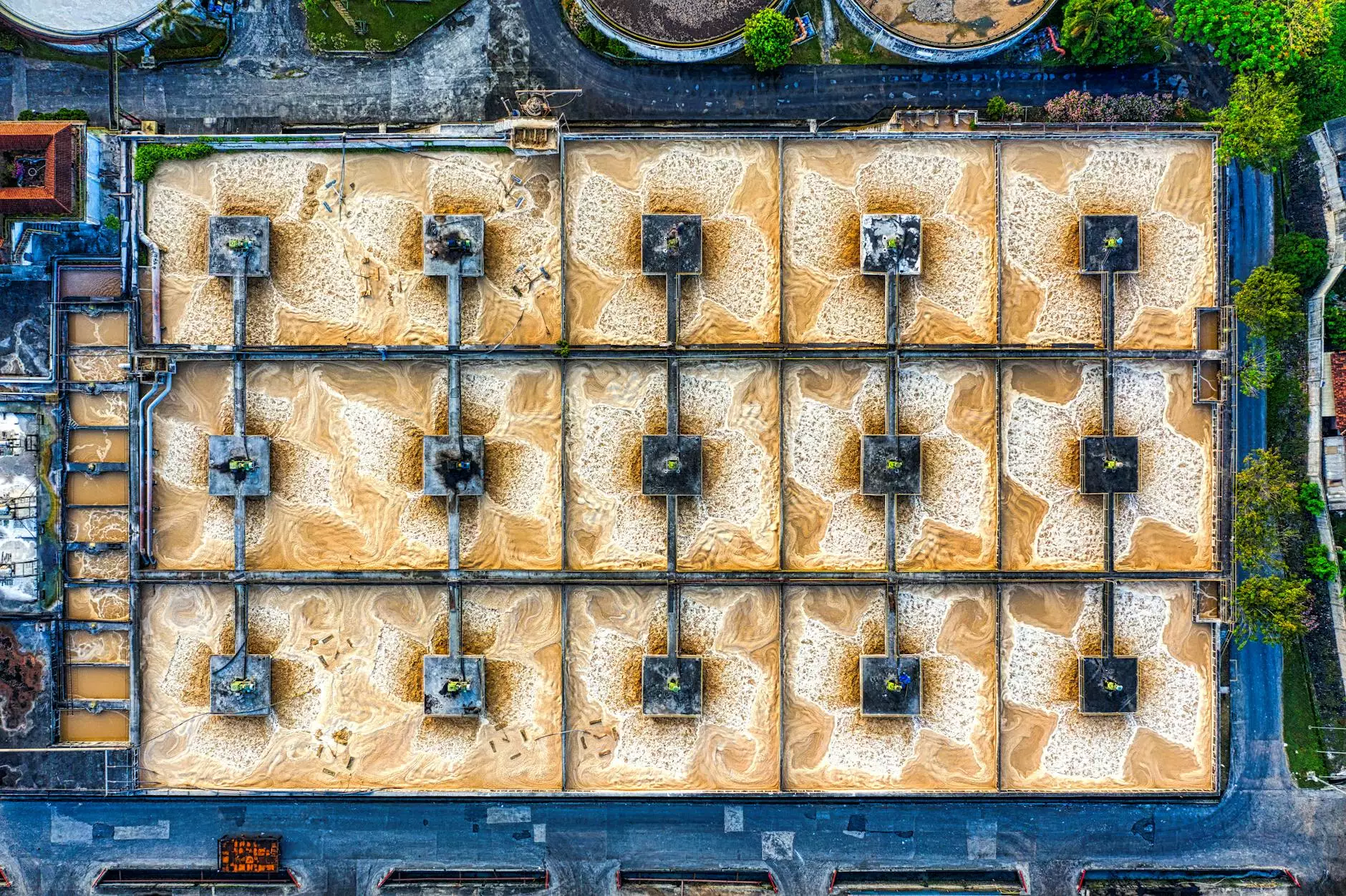The Importance of Water Purification Services

In an era where health and wellness have become paramount, the quality of the water we consume is more crucial than ever. Water is the essence of life, but not all water is created equal. This is where water purification services come into play. They ensure that the water you and your family drink is clean, safe, and free from harmful contaminants.
Why You Should Consider Water Purification
The health benefits of clean water cannot be overstated. Access to purified water has a direct impact on your overall well-being. Here are some compelling reasons to invest in water purification:
- Improved Taste: Purified water often tastes better, making it more enjoyable to drink.
- Health Benefits: Clean water reduces the risk of gastrointestinal diseases caused by pathogens often found in untreated water.
- Convenience: Having a reliable source of purified water at home eliminates the need for bottled water, which is both expensive and environmentally harmful.
- Cost-Effective: Although the upfront cost can be significant, over time, having a water filtration system is cheaper than continually buying bottled water.
- Environmental Impact: Reducing the use of plastic bottles is beneficial for our planet's health.
Understanding Your Water Needs
Before selecting a water filter, it's essential to understand the specific needs of your household or business. Different purification methods are available, each designed to tackle various contaminants. Below are some aspects to consider:
Common Water Contaminants
Knowing what’s in your water is the first step to choosing the appropriate filtration system. Below are common contaminants:
- Chlorine: Used to disinfect water but can affect taste and smell.
- Lead: Often found in older plumbing and can be hazardous to health.
- Microorganisms: Bacteria, viruses, and parasites that can cause illness.
- Pesticides: Agricultural runoff can contaminate water sources.
Testing Your Water Quality
The first step in addressing water quality is to test your water. You can purchase water testing kits or hire professionals. Testing provides crucial information regarding:
- The presence of harmful substances
- pH levels
- Mineral content
Types of Water Filter Systems
Once you’ve assessed your needs and tested your water, it’s time to explore the types of filter systems available. Here, we'll highlight some popular options that fit various needs:
1. Activated Carbon Filters
In many homes, the simplest and most effective filtration method is the activated carbon filter. This filter absorbs impurities and removes unwanted chemicals, improving taste and odor.
2. Reverse Osmosis Systems
For those seeking a higher level of purification, reverse osmosis systems are ideal. This method pushes water through a semi-permeable membrane, effectively removing a wide range of contaminants, including heavy metals and microorganisms.
3. UV Water Purifiers
UV water purifiers use ultraviolet light to disinfect water. This method is especially effective against bacteria and viruses, ensuring that the water is safe for consumption.
4. Water Softeners
If hard water is a problem—often identified by scale buildup or poor soap lathering—a water softener can be a great solution. This system helps to reduce mineral content, enhancing the efficiency of pipes and appliances.
How to Put Water Filter Systems in Place
Implementing a water filtration system doesn’t need to be complicated. Here’s a step-by-step guide to putting a water filter system in place:
Step 1: Choose the Right System
Assess your water quality, household size, and budget to select the appropriate water filtration system. Always consult with professionals if unsure.
Step 2: Gather Necessary Tools
You may need various tools for installation depending on the system you choose, such as:
- Wrenches
- Drill
- Pipe fittings
- Mounting brackets
Step 3: Installation Process
Most systems will come with detailed installation instructions, but here are general installation tips:
- Turn off the water supply before starting the installation.
- Follow the manufacturer's guidelines for assembly.
- Test for leaks after installation to ensure everything is secure.
Step 4: Regular Maintenance
To ensure longevity and efficiency, schedule regular maintenance for your filtration system. This includes:
- Replacing filters as recommended
- Cleaning the system periodically
- Monitoring water quality
Benefits of Professional Water Purification Services
While DIY installation is feasible, professional water purification services offer numerous benefits:
- Expert Consultation: Professionals can analyze your water quality and recommend tailored solutions.
- Proper Installation: Skilled technicians ensure that the system functions optimally without risking damage.
- Maintenance and Support: Ongoing support ensures your system remains effective, with regular checks and prompt repairs.
Conclusion
Investing in a quality water filtration system is an investment in your health, well-being, and the environment. To put water filter systems into practice, start by assessing your specific needs, understanding the various types of purification methods available, and considering professional services for installation and maintenance. By taking these steps, you’ll ensure that the water you consume is not only safe but also beneficial for your overall health.
For those looking to enhance their water quality further, consider reaching out to Waterverzachter Aqua Group for tailored solutions that address your purification needs effectively. Enjoy the peace of mind that comes with knowing your water is clean and safe for you and your loved ones.
putwater filter








